1. Polar bears – uncertain future
The Mail on Sunday recently declared the polar bear in good shape on the basis of the opinion of biologist Dr Susan Crockford, who says:
“On almost every measure, things are looking good for polar bears … It really is time for the doom and gloom about polar bears to stop.”
It turns out that Crockford’s expertise is the archaeology of dead dogs and the identification of animal remains, and receives funding from the Heartland Institute to spread disinformation about human agency in climate change.
Information, reliable or not, is difficult to come by. This is a snapshot of one estimate of how the polar bear is travelling:
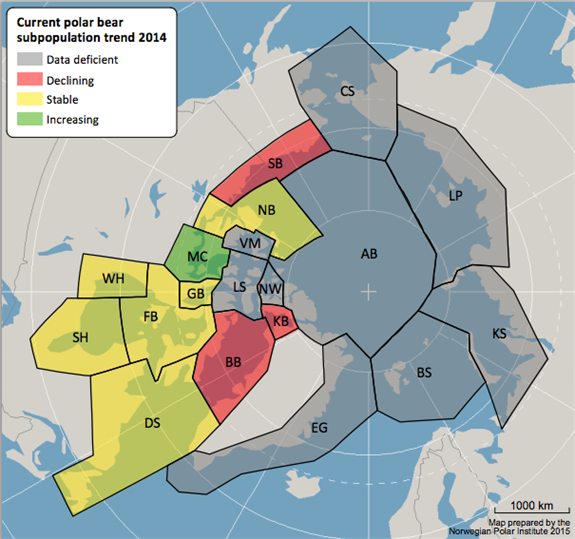
In nine of the 19 populations of polar bears information is deficient.
On their future the best estimate is:
To keep polar numbers relatively healthy, though still lower than today, scientists suggest global temperatures should not exceed 1.25 degrees Celsius above the 1980-1999 average.
2. Arctic sea ice is getting thinner faster than expected
Measuring the thickness of the Arctic sea ice sheet is not a simple matter. data from disparate sources has been brought together for the first time.
in the central part of the Arctic Ocean basin, sea ice has thinned by 65% since 1975. During September, when the ice reaches its annual minimum, ice thickness is down by a stunning 85%.
3. UK auctions for renewables
Contracts worth £315 million have been awarded to 27 renewable energy projects with a combined capacity of 2.1 gigawatts.
The majority of the 27 schemes are windfarms, including 15 onshore and two offshore schemes (the blue and green chunks below). The remaining contracts went to five solar farms (yellow) and five schemes that will burn or gasify waste to generate energy (black and grey).
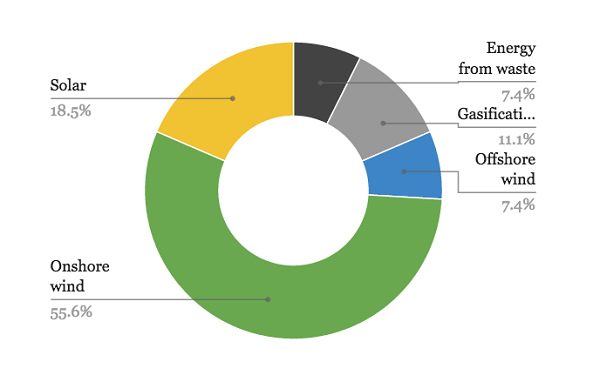
By peak capacity the outcome looks rather different:
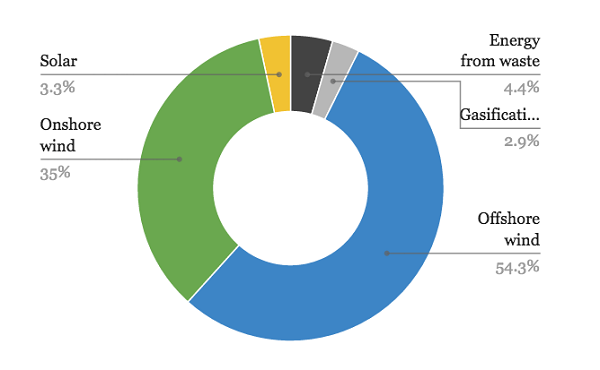
The auction was divided into two pots, with one pot reserved for “less established” technologies.
The big surprise was the prices, which were lower than expected.
4. Keystone XL pipeline bill vetoed
It’s important to note that the pipeline bill has been vetoed, not the pipeline.
Keystone is not dead. The bill was a political Tea party move to pre-empt State Department approval, which will now continue until a recommendation in made to John Kerry as Secretary of State.
Meanwhile Nebraska landowners are fighting a case in the courts. They claim state law giving TransCanada the right to drive the pipeline through their land under ’eminent domain’ is unconstitutional.
If the landowners succeed TransCanada does not have a route for the pipeline.
A longer post on the issue is here.
5. The IPCC reviews it’s processes
Every seven years the IPCC publishes three whopping reports followed by a Synthesis Report. Working Group 1 looks at the physical basis of climate change. Working Group 2 looks at impacts, adaptation and vulnerability. Working Group 3 looks at mitigation. Each of these whopping tomes has a Summary for Policy Makers of about 30 pages.
The main decision is that the program will continue with some minor modifications. They will try to link the second and third volumes more specifically to the first, while producing the whole series within about 18 months.
More special reports on specific issued will be produced during the interim years.
They will try to make the summaries for policy makers more readable.
6. NZ infestation of flat-earthers climate denialists
The Dominion Post is the newspaper of record for New Zealand’s capital city, Wellington. Last Friday it featured an opinion piece by high profile climate denialists Bob Carter and Bryan Leyland titled Hypothetical global warming: scepticism needed. Gareth Renownden at Hot topic calls it
a “Gish Gallop” of untruths, half-truths and misrepresentations — a piece so riddled with deliberate errors and gross misrepresentations that it beggars belief that any quality newspaper would give it space.
He then identifies 24 specific errors or misrepresentations.
7. EU adopts climate change targets for Paris conference
The EU formally adopted on Friday climate change targets for December’s Paris conference including a 40 percent cut in emissions by 2030, climate commissioner Miguel Arias Canete said.
The targets were agreed on by leaders of the 28 European Union member states at a summit in October, but the confirmed benchmarks have now been officially sent to the UN, Canete said.
The EU was the second after Switzerland to publish its submission.
In other EU news, the Commission is to spend €100 million on projects aimed at connecting energy networks across the continent.
8. El Niño finally arrives
El Niño has finally arrived at a time of the year when they usually decay. It’s weaker than usual and is unlikely to have much impact on world weather.
9. US weather conundrum
Last week I reported (Item 1) that the planet had just experienced the hottest 12 months, while it was freezing in eastern North America during January and February and into March.
Because winter includes December and December was mild, no state had a record low winter. In fact the East’s brutal cold was offset by record warmth in the West, which was caused by warmth in the Northern Pacific. The experts think this pushed the jet stream out of shape, bringing Arctic air further south in the east.
It seems the Northern Pacific warmth has now moved to the Central Pacific, causing the weak El Niño referred to above.
Reminder Climate clippings is an open thread and can be used for exchanging news and views on climate.
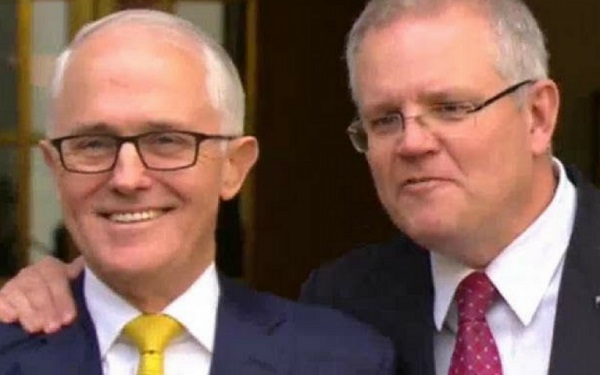

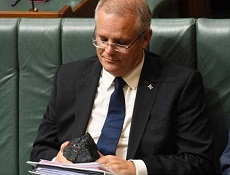
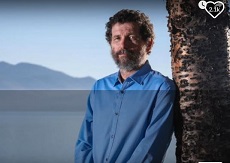
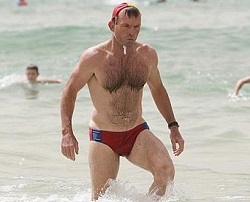

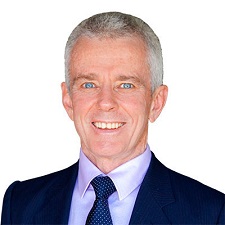 Pauline Hanson’s running mate, Malcolm Roberts, is a climate denialist of some fame, but in
Pauline Hanson’s running mate, Malcolm Roberts, is a climate denialist of some fame, but in 



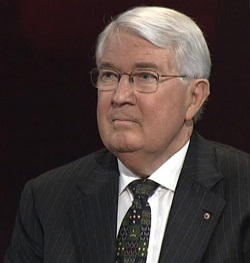
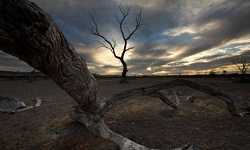 Adam Bandt recently wrote an
Adam Bandt recently wrote an